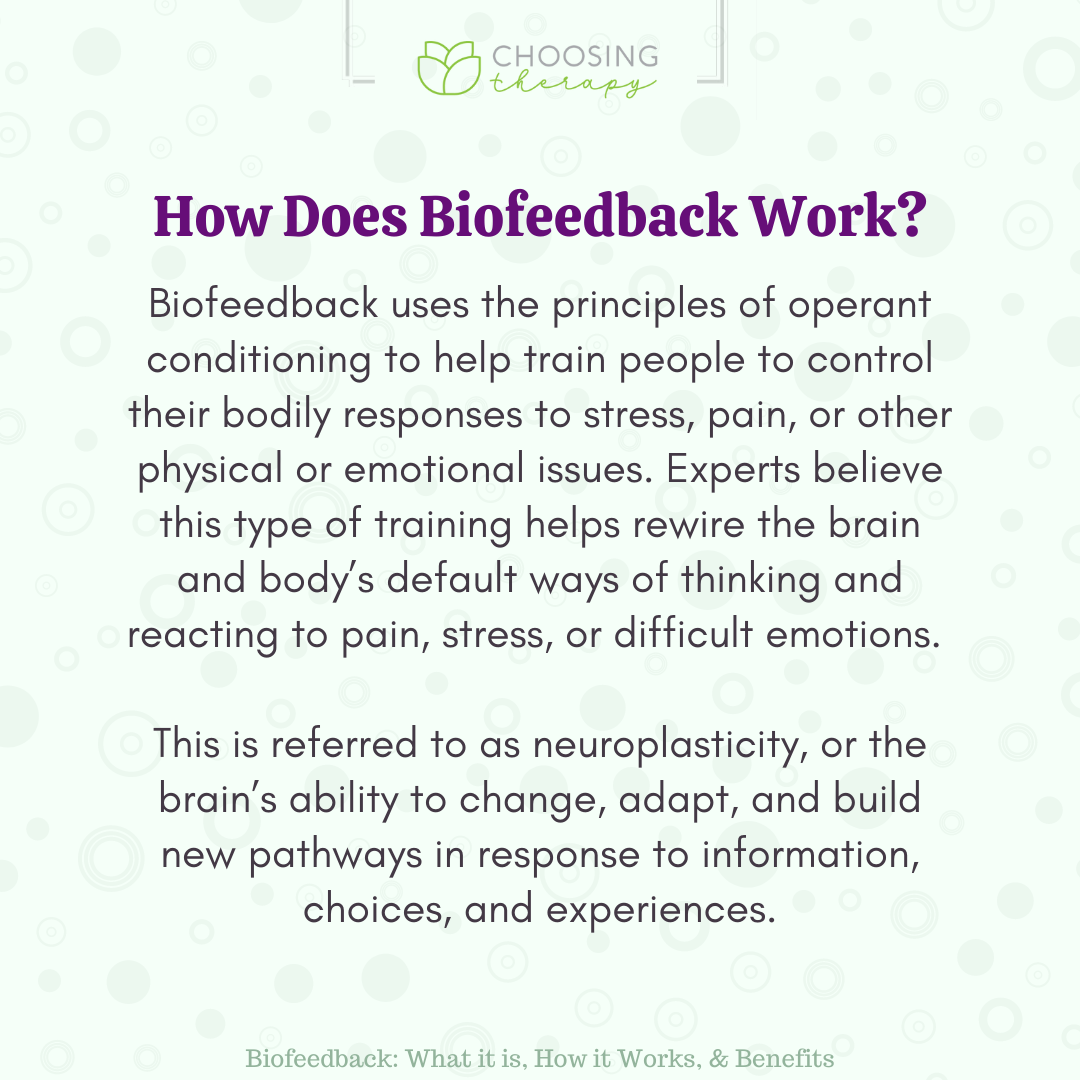Investigating The Way Sleep Ailments Disrupt Brainwave Function and Impact Mental Function
Investigating The Way Sleep Ailments Disrupt Brainwave Function and Impact Mental Function
Blog Article
Slumber is an crucial part of our everyday lives, enabling our physical selves and minds to repose and rejuvenate. However, many individuals suffer from slumber disorders, which can considerably disrupt sleep patterns. These disorders can result to multiple issues, including changes in neural wave activity. Neural waves are electrical impulses in the mind that reflect our mental state and function. When sleep is disturbed, the typical patterns of neural waves can be affected, leading to problems with mental function, such as recall, attention, and judgment.
There are several types of slumber disorders, including insomnia, slumber apnea, and restless leg syndrome. Sleeplessness is characterized by difficulty going or staying asleep, while slumber apnea involves interruptions in breathing during slumber. Restless leg syndrome induces uncomfortable feelings in the limbs, resulting to an irresistible desire to move them. Each of these disorders can disturb the natural sleep cycle, which consists of various stages, including light sleep, profound sleep, and REM (rapid eye movement) sleep. Each stage holds a crucial role in maintaining overall cognitive health and function.
When slumber disorders interfere with these stages, brainwave activity can become erratic. For example, during profound sleep, the brain generates slow delta waves, which are important for bodily restoration and memory consolidation. If a individual undergoes frequent awakenings or does not attain profound sleep, the generation of these delta waves is diminished. This can lead to challenges in learning new information and holding memories. Additionally, REM sleep, which is associated with dreaming and affective processing, is also affected. Disruptions in REM sleep can result to problems with emotional regulation and inventiveness.
The impact of sleep disorders on mental function is significant. Research has shown that people with slumber disorders often experience challenges with focus and concentration. This can affect their capability at educational institutions or work, making it challenging to finish tasks or participate in discussions. Furthermore, chronic slumber deprivation can result to mood changes, increased stress, and even nervousness or depression. These cognitive and emotional challenges can create a vicious cycle, where poor sleep leads to mental difficulties, which in turn can lead to more sleep problems.
Tackling slumber disorders is crucial for improving neural wave activity and cognitive function. Treatment options may encompass habitual changes, such as establishing a regular slumber schedule, establishing a comfortable sleep environment, and engaging in relaxation techniques. In some cases, clinical intervention may be necessary, such as employing a CPAP machine for slumber apnea or medication for insomnia. By valuing slumber and seeking appropriate treatment, people can enhance their overall mental abilities and boost their quality find more information of life. Understanding the connection between slumber disorders, neural wave activity, and cognitive function is an important step toward better health and wellness.